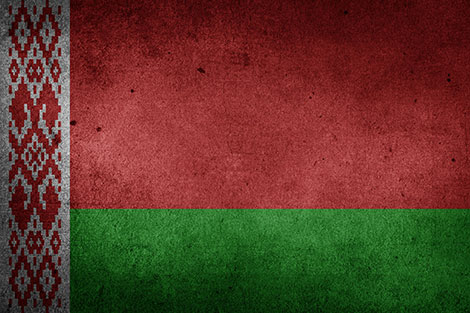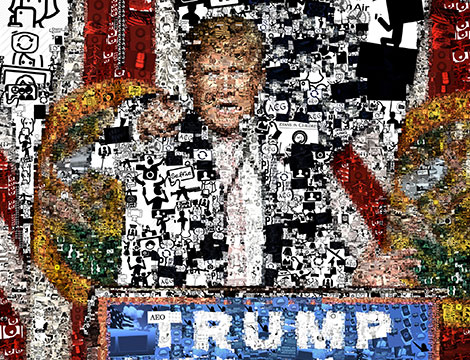
This article was published by the Institute for Strategic, Political, Security and Economic Consultancy (ISPSW) in February 2017.
In mid-December, people and families all over Europe and in many parts of the world were gearing up to celebrate Christmas, one of the most important events in the Christian calendar. But on 19 December 2016 at 20:02 local time, a hijacked truck veered into a traditional Christmas market next to the Kaiser Wilhelm Memorial Church in Berlin, Germany. Twelve people were killed. Four days later, the suspected perpetrator was shot and killed by police on an Italian plaza in Sesto San Giovanni, a suburb north of central Milan, Italy.
On the same day, ISIS extremists released a video of the perpetrator, filmed recently in Berlin. His name was Anis Amri. Having pledged allegiance to the group, he suggested that the Berlin attack was vengeance for coalition airstrikes in Syria.




